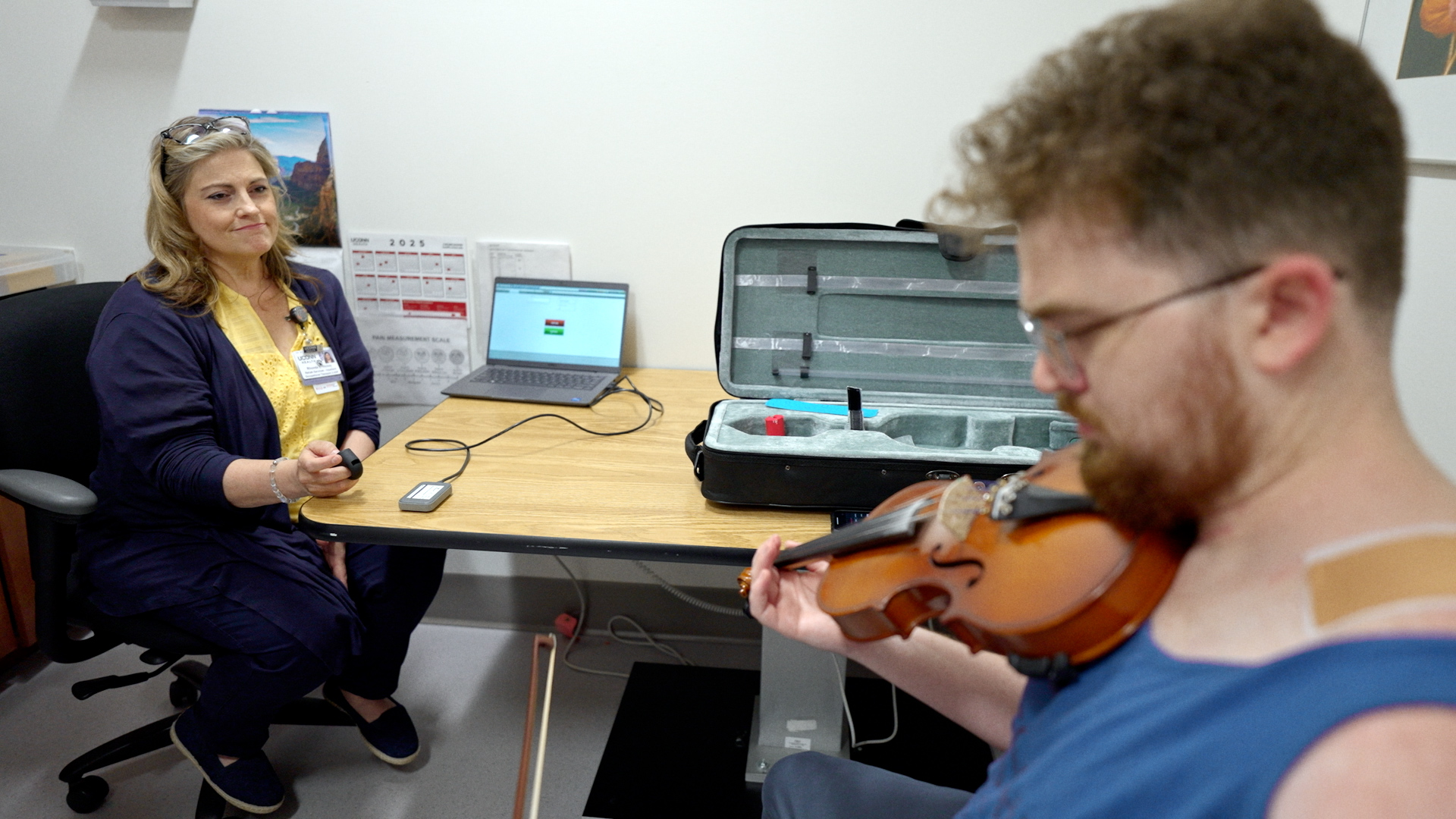Many were shocked and saddened this past weekend when Alex Trebek, beloved host of the game show “Jeopardy,” died from pancreatic cancer. After going public with his diagnosis in March 2019, Trebek was a source of inspiration to many as he battled through his treatment with the utmost strength and resolve.
Unfortunately, pancreatic cancer symptoms come late, and the disease is usually diagnosed in the late stage when it has spread to other organs. The result is that it is not curable, but it can be treatable with chemotherapy in the advanced stages, and low dose chemotherapy and radiation when it has remained localized to the pancreas.
Pancreatic cancer begins in the tissues of the pancreas, an organ in the abdomen that lies behind the lower part of the stomach. The pancreas releases enzymes that aid digestion and produces hormones that help manage blood sugar.
There are blood vessels near the location of the pancreas that makes it difficult to remove in those patients with localized cancer.
“Only about 10% of those diagnosed with pancreatic cancer are able to undergo surgery when the cancer is confined to the pancreas,” says Dr. Pragna Kapadia, Hematology and Medical Oncology at UConn Health. “We may be able to increase the number of people able to have surgery by providing chemotherapy upfront.”
In 2009, U.S. Supreme Court Justice Ruth Bader Ginsberg was fortunate to discover pancreatic cancer early during a regular doctor visit. This led to the removal of her pancreas and treatment. Over the past 11 years, as a long-term pancreatic cancer survivor, she gave hope to many facing the disease.
Unfortunately, Justice Ginsberg succumbed to the disease earlier this fall from complications from metastatic cancer of the pancreas.
These high-profile patients brought awareness to the disease that is the 3rd leading cause of cancer-related deaths in the U.S.. and which has a 5-year survival rate of 10%.
Currently, there is not a screening to detect pancreatic cancer in the earlier stages. Ten percent of the population has a genetic predisposition to this type of cancer. A CT Scan is used to determine pancreatic cancer.
Signs and symptoms of pancreatic cancer often don’t occur until the disease is advanced. They may include:
- Abdominal pain that radiates to your back
- Loss of appetite or unintended weight loss
- Yellowing of your skin and the whites of your eyes (jaundice)
- Light-colored stools
- Dark-colored urine
- Itchy skin
- New diagnosis of diabetes or existing diabetes that’s becoming more difficult to control
- Blood clots
- Fatigue
Though the statistics are grim, there is reason to hope. There is a growing community researching new clinical trials that may lead to new treatment options, information, and resources for patients and families fighting the disease.
The good news is that research is increasingly being conducted for earlier detection screening and diagnostic tests that look at molecular markers to find targeted therapies.
For more information visit UConn Health Carole and Ray Neag Comprehensive Cancer Center.



